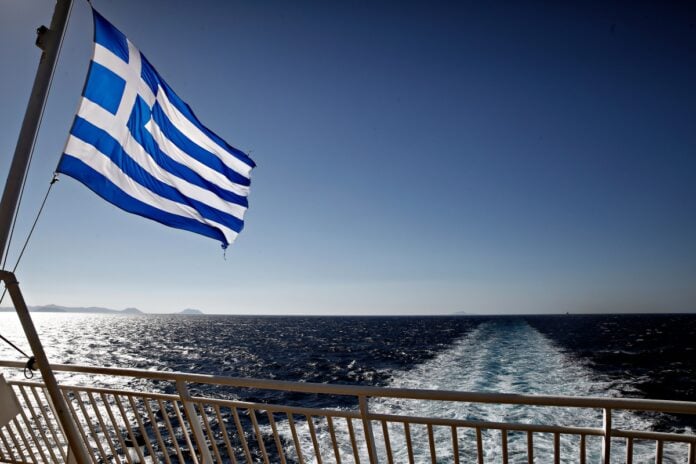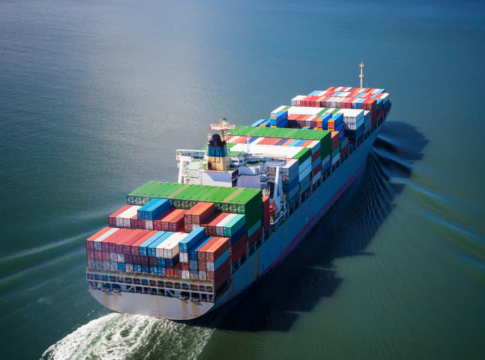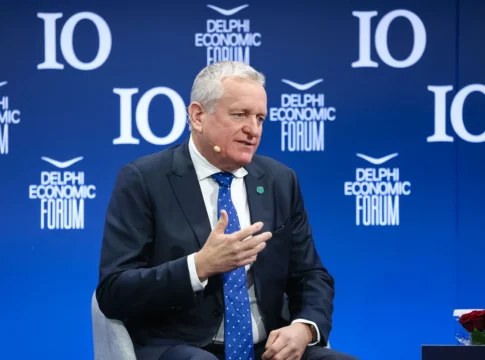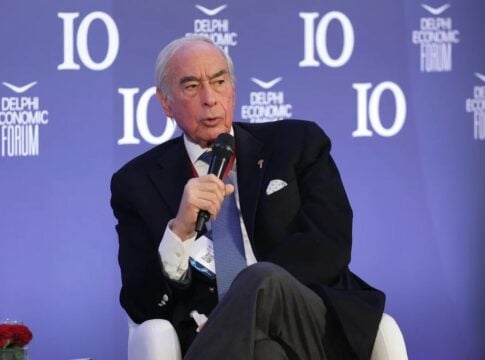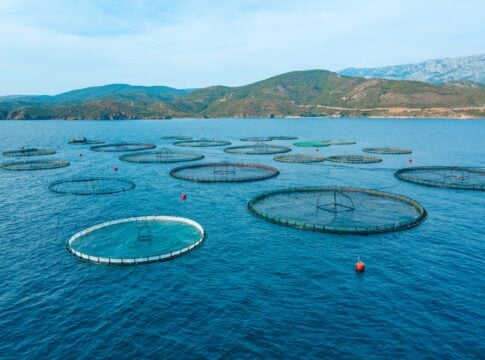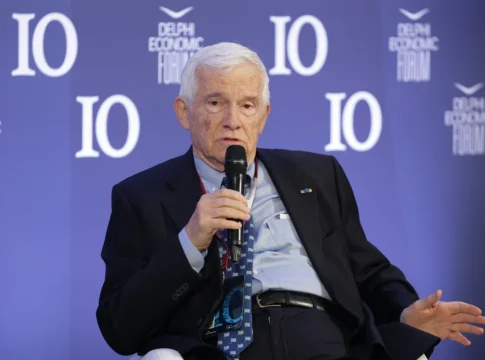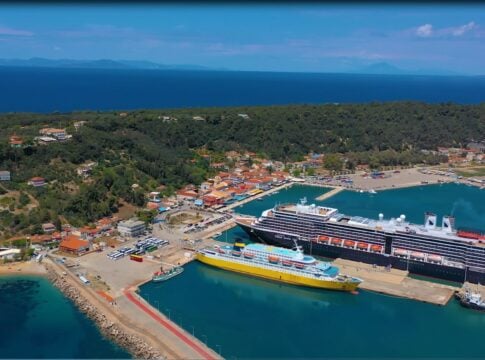The global shipping industry is closely monitoring developments after US President Donald Trump announced heavy tariffs on imports of products from dozens of countries around the world. These tariffs are expected to strongly affect shipping markets, at least in the short term.
“The market is in shock,” a senior executive of a Greek shipping company told “N”, and “it is awaiting the outcome of the negotiations that are underway between all parties.”
If the negotiations fail and the rest of the world takes countermeasures, then the situation will worsen even further.
Estimates for the sector’s strengthening
Nevertheless, in the long term, Greek shipowners believe that the sector can be strengthened.
According to Dr. Ioannis Coustas, head of Danaos Corp, in TradeWinds, a mild demand in shipping is expected in 2025.
This is due to the fact that supply chains, “optimized through many years of free trade policies, are extremely difficult to readjust in a short period of time and subsequently at significant cost.
The readjustment of trade flows that will inevitably follow the imposition of tariffs will create inefficiencies, which is always beneficial for shipping,” Coustas said.
On his part, Haris Vafias, who owns US-listed StealthGas, C3is and Imperial Petroleum, as well as Private Stealth Tankers and Brave Maritime, stated: “Initially there is a shock and a freeze in trade as people wait to see what will happen and whether the tariffs will actually increase or whether Trump is using them as a negotiating tactic.”
“Then, because nations need to feed and clothe themselves, solutions are found,” Vafias added, citing the war in Ukraine as an example, where oil flows were eventually redirected to China and India, increasing tonne-kilometres.
On his part, Stamatis Tsantanis, head of Seanergy Maritime Holdings and United Maritime, noted: “While protectionist measures may disrupt traditional flows, the core commodities carried by the dry bulk sector – iron ore, coal and bauxite – are not expected to be immediately affected.”
“In fact, trade rerouting and supply chain shifts – such as increased exports from Canada, Brazil or Australia to Asia and Europe – may increase demand in tonne-kilometres, particularly for capesize vessels,” he said.
However, there are also shipping executives who are not optimistic. And the reason is not just the Trump administration’s tariffs, but a combination of measures that reinforce protectionism.
As they pointed out in “N”, such measures are – for example – the possible imposition of very high tariffs on Chinese-built ships that will approach US ports, which is under discussion in the US, or regional policies for the green transition, such as the EU ETS and Fuel EU, which the European Union has advanced.


